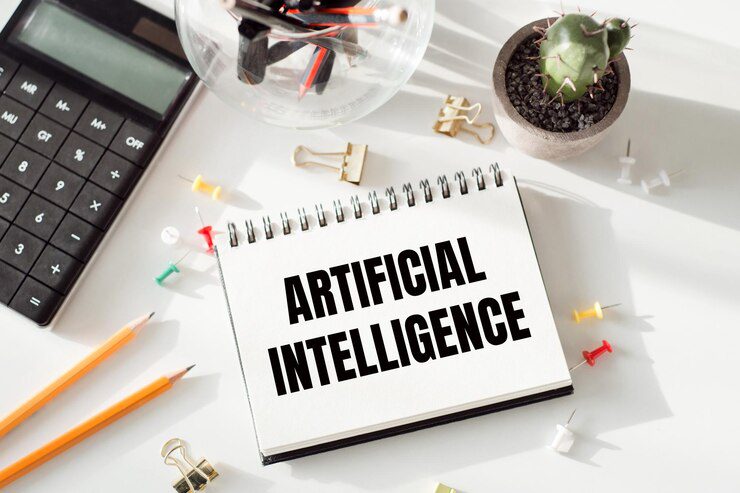Artificial Intelligence (AI) has made its mark as one of the most transformative technologies of our time. From self-driving cars to AI-powered chatbots, AI is revolutionizing industries and daily life. However, with great power comes great responsibility, and the rise of AI brings a host of ethical implications that are increasingly coming into the spotlight. In this blog, we’ll dive into the ethical issues surrounding AI and explore why they matter.
Bias and Fairness
One of the most critical ethical issues with AI is the problem of bias. Artificial Intelligence systems learn from data, and if this data reflects existing prejudices or inequalities, the AI can perpetuate and even amplify these biases. A study by MIT found that facial recognition systems had error rates of 34.7% for darker-skinned women, compared to 0.8% for lighter-skinned men. This highlights the urgent need for fair and unbiased AI training data to ensure equitable outcomes.
Privacy Concerns
AI’s ability to collect, analyze, and interpret vast amounts of data poses significant privacy risks. From tracking user behavior online to analyzing personal data, AI systems can infringe on individual privacy if not properly regulated. The General Data Protection Regulation (GDPR) in Europe has set a precedent for data privacy, but many argue that global standards are needed to protect individuals from intrusive AI practices.
Accountability and Transparency
When Artificial Intelligence systems make decisions, who is responsible for those decisions? This question of accountability becomes particularly complex with autonomous systems. For instance, if a self-driving car causes an accident, who is at fault—the manufacturer, the software developer, or the vehicle owner? Transparency in AI decision-making processes is crucial to ensure that responsibility is clearly defined and that users understand how decisions are made.
Job Displacement
AI and automation are reshaping the job market, and while they create new opportunities, they also displace existing ones. The World Economic Forum projects that automation could displace up to 85 million jobs by 2025. Addressing this challenge requires proactive strategies, such as reskilling workers and creating new job opportunities, to mitigate the impact on employment.
Autonomous Weapons
AI’s application in military technology raises serious ethical questions. The development of autonomous weapons systems that can make life-and-death decisions without human intervention poses risks of unintended escalation and misuse. The Campaign to Stop Killer Robots advocates for a global ban on fully autonomous weapons to ensure that critical decisions remain under human control.
AI in Surveillance
The use of AI in surveillance technology raises concerns about state overreach and individual freedoms. Governments and corporations use Artificial Intelligence for monitoring and tracking, which can lead to invasive surveillance practices. The potential for misuse of surveillance data underscores the need for strict regulations to protect civil liberties.
Ethical AI Development
Ethical AI development involves designing systems that prioritize human welfare and adhere to ethical standards. This includes incorporating fairness, transparency, and accountability into AI design and ensuring that AI applications align with societal values. Initiatives like the AI Ethics Guidelines from the European Commission provide frameworks for responsible AI development.
Informed Consent
Informed consent is crucial when deploying AI technologies that interact with individuals. Users should be fully aware of how their data is being used and have the option to consent or opt-out. Clear communication and transparency about AI practices can help build trust and ensure that individuals’ rights are respected.
Conclusion
The ethical implications of Artificial Intelligence are multifaceted and impact various aspects of society. As AI continues to advance, addressing these ethical concerns is essential to harness its benefits while minimizing risks. From combating bias and protecting privacy to ensuring accountability and responsible development, stakeholders must collaborate to create frameworks that guide ethical AI use. By proactively tackling these issues, we can navigate the complexities of AI and build a future where technology serves humanity in a fair, transparent, and responsible manner.







